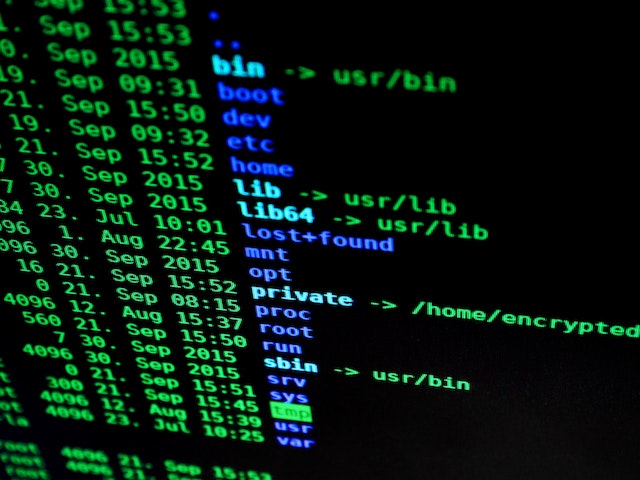In the current digital era, sharing and creating sensitive information is commonplace for both individuals and businesses. Cybercriminals are always on the lookout for valuable information, such as personal identifiers and financial data, which they can steal and profit from. Encryption is essential in protecting sensitive data from unauthorized access. This article will discuss the dangers of not encrypting sensitive data and why it is crucial for individuals and businesses to prioritize encryption.
According to the 2020 Use of Enterprise Encryption Technologies Worldwide survey conducted by Statista, only 56% of enterprise respondents reported deploying extensive encryption for their internet communications. Shockingly, a global data risk report by Varonis in 2019 found that 53% of companies had over 1,000 unencrypted sensitive files and folders accessible to all employees.
Implementation of a Zero Trust Model
The implementation of a Zero Trust model requires end-to-end encryption of data to reduce the risk of data breaches. However, data encryption alone does not provide complete security, and additional cybersecurity measures such as Firewalls, SIEM, Anti-malware solutions, IDS, and IPS are recommended. Without these security mechanisms, data can be compromised at rest, in transit, or in use.
The primary objective of the Zero Trust model is to safeguard organizational data from unauthorized access and ensure compliance with laws and regulations. Data encryption is necessary for all workflows that involve the storage, processing, and transmission of organizational data. End-to-end encryption is the best approach to securing data, and it ensures compliance with regulatory standards such as GDPR.
To defend against cyber threats, it is essential to categorize and classify data based on criticality and sensitivity, identify users, groups, services, applications, and devices that can access, store, and process specific data, determine where data can reside in networks and systems, implement data encryption and protection mechanisms, add access privileges for confidential data, and audit existing data practices. By following these steps, organizations can ensure the security and protection of their sensitive data.
Risk of Not Encrypting Sensitive Data
The first risk of not encrypting sensitive data is that it becomes vulnerable to theft. Cybercriminals often target businesses to steal sensitive data such as credit card and social security numbers. A single data breach can result in severe financial losses, legal penalties, and a damaged reputation that can be challenging to recover from.
Additionally, unencrypted sensitive data can be easily accessed by unauthorized individuals within an organization, such as employees who do not require access to perform their job duties or third-party vendors with sensitive data access. Unauthorized access to sensitive data can result in legal liability and loss of trust among customers and partners.
Another danger of not encrypting sensitive data is the possibility of interception during transmission. Public networks such as the internet are inherently insecure, and sensitive data transmitted over such networks can be intercepted and read by anyone who has access. Cybercriminals and other users on the same network can access the data accidentally.
Lastly, failing to encrypt sensitive data can lead to compliance issues. Healthcare, finance, and government are among the industries with strict regulations governing the handling and transmission of sensitive data. Failure to comply with these regulations can result in significant legal penalties, loss of licenses, or other privileges.
In conclusion, not encrypting sensitive data has far-reaching and severe consequences. Failure to encrypt sensitive data can result in theft, unauthorized access, interception during transmission, and compliance issues. Individuals and businesses must prioritize encryption when handling sensitive data. Encryption helps protect businesses from the consequences of a data breach, ensures that only authorized individuals have access to sensitive data, and helps businesses comply with applicable regulations.



